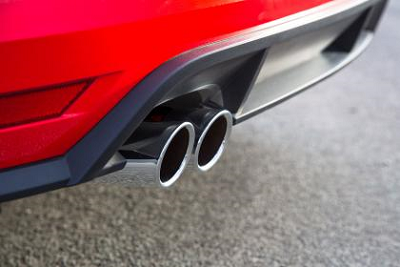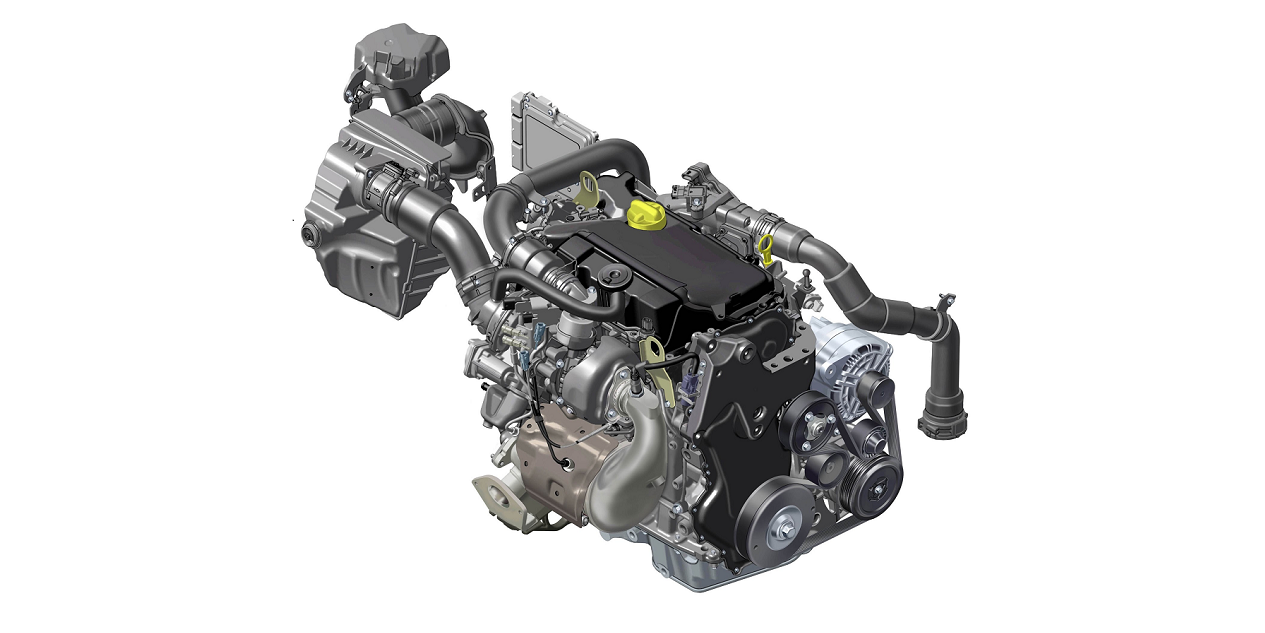In an effort to reduce CO2 emissions throughout the whole of Europe, it is now mandatory for all new cars sold within the EU to meet Euro 6 standards for exhaust emissions, no matter where they are manufactured. NOx and other pollutants are monitored and recorded from every manufactured vehicle.

All cars in the EU and the UK are currently tested by a European Driving cycle procedure. This means that any new car needs to be measured under conditions in a laboratory before they can actually be bought and go on the roads.
Recently the Euro 6 emissions standards were changed to add in extra clarification on test figures. As many of the test objectives will model real world driving conditions, the test has been overhauled to make sure it is more trustworthy and that it will be cared out correctly each and every time.
How are tests monitored
The Euro 6 testing is expected to use real road tests in conjunction with laboratory testing to build a better testing profile on real world efficiency standards.
Government agencies witness the testing in controlled environments for each new make and model vehicle that is produced by a manufacturer.
Having access to this testing has changed standards in the auto industry for the better and with new changes being proposed for the 2017 version of the emissions protocols it is possible that we could see even greater reductions and efficiency changes in the auto industry. The euro 6 testing is expected to use real road tests in conjunction with laboratory testing to build a better testing profile on real world efficiency standards..
Where do we stand on Euro 6?
As of September of 2015, if a car is bought in the EU it must fall in line with Euro 6 standards. Cleaner emissions control standards like this are policing auto makers and ensuring better cars with a reduction in NOx and CO2 emissions.
Diesel cars are more heavily tested with the new standards and with road tests we could soon see diesel cars requiring extra manufacturing concerns for the future.
—
Post from John Nollett

